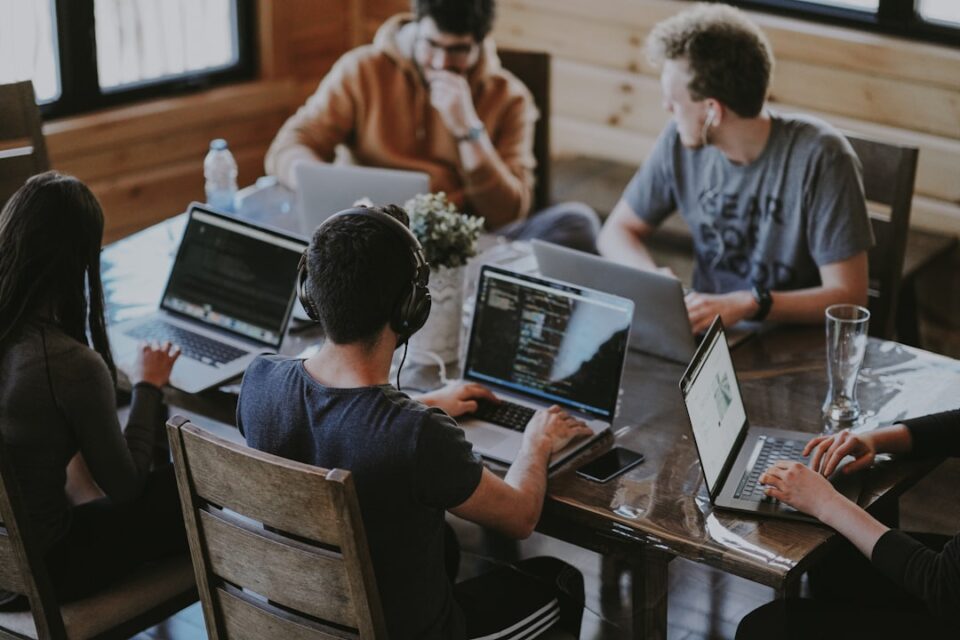Social media has become an integral part of students’ lives in today’s digital age. With the rise of platforms like Facebook, Instagram, Twitter, and Snapchat, students are constantly connected to their peers and the world around them. While social media has its benefits in terms of communication and networking, it also has a significant impact on students’ academic performance.
One of the most notable ways that social media affects students’ academic performance is through distractions. With constant notifications, updates, and new posts, students can easily get sidetracked while studying or doing homework. According to a study published in Computers in Human Behavior, students who use social media frequently tend to have lower academic performance compared to those who use it less often. This is because students are more likely to procrastinate and lose focus when they are constantly checking their social media feeds.
Furthermore, social media can also impact students’ ability to concentrate and retain information. With the constant multitasking that comes with using social media, students may find it difficult to focus on their studies for extended periods of time. This can lead to decreased productivity and comprehension, as students’ attention is divided between their academic work and their online interactions. In a study published in the Journal of Applied Developmental Psychology, researchers found that excessive use of social media was associated with poorer cognitive and academic outcomes among college students.
Another way that social media can affect students’ academic performance is through sleep deprivation. Many students use social media late into the night, which can disrupt their sleep patterns and lead to fatigue and decreased cognitive function the next day. A study published in the Journal of Adolescence found that students who use social media late at night are more likely to experience sleep problems, such as difficulty falling asleep and waking up during the night. This can have a negative impact on students’ academic performance, as they may struggle to concentrate and perform well in class due to lack of sleep.
In addition to distractions and sleep deprivation, social media can also impact students’ mental health, which in turn can affect their academic performance. Cyberbullying, comparison with others, and feelings of inadequacy are common issues that students may face on social media platforms. These negative experiences can lead to increased stress, anxiety, and depression, which can take a toll on students’ overall well-being and academic success. A study published in the Journal of Youth and Adolescence found that cyberbullying victimization was associated with lower academic achievement among adolescents.
However, it is important to note that not all the impacts of social media on students’ academic performance are negative. Social media can also be used as a tool for learning and collaboration. Many teachers and educators are incorporating social media into their lesson plans to engage students and foster creativity. Platforms like Twitter and YouTube can be used to share educational resources, facilitate discussions, and connect students with experts in various fields. Additionally, social media can provide students with a platform to showcase their work and collaborate with their peers on group projects.
Furthermore, social media can also help students develop important digital skills that are essential in today’s digital economy. By using social media, students can learn how to navigate online platforms, create and share content, and communicate effectively with a diverse audience. These skills are increasingly valuable in the workplace, as many employers now look for candidates who are proficient in social media and digital marketing.
In conclusion, social media has a significant impact on students’ academic performance. While it can be a source of distractions, sleep deprivation, and mental health issues, social media also has the potential to enhance learning and collaboration. As educators and parents, it is important to help students strike a balance between using social media for educational purposes and limiting its negative effects on their academic success. By promoting digital literacy and teaching students how to use social media responsibly, we can help them maximize the benefits of technology while minimizing its drawbacks.

